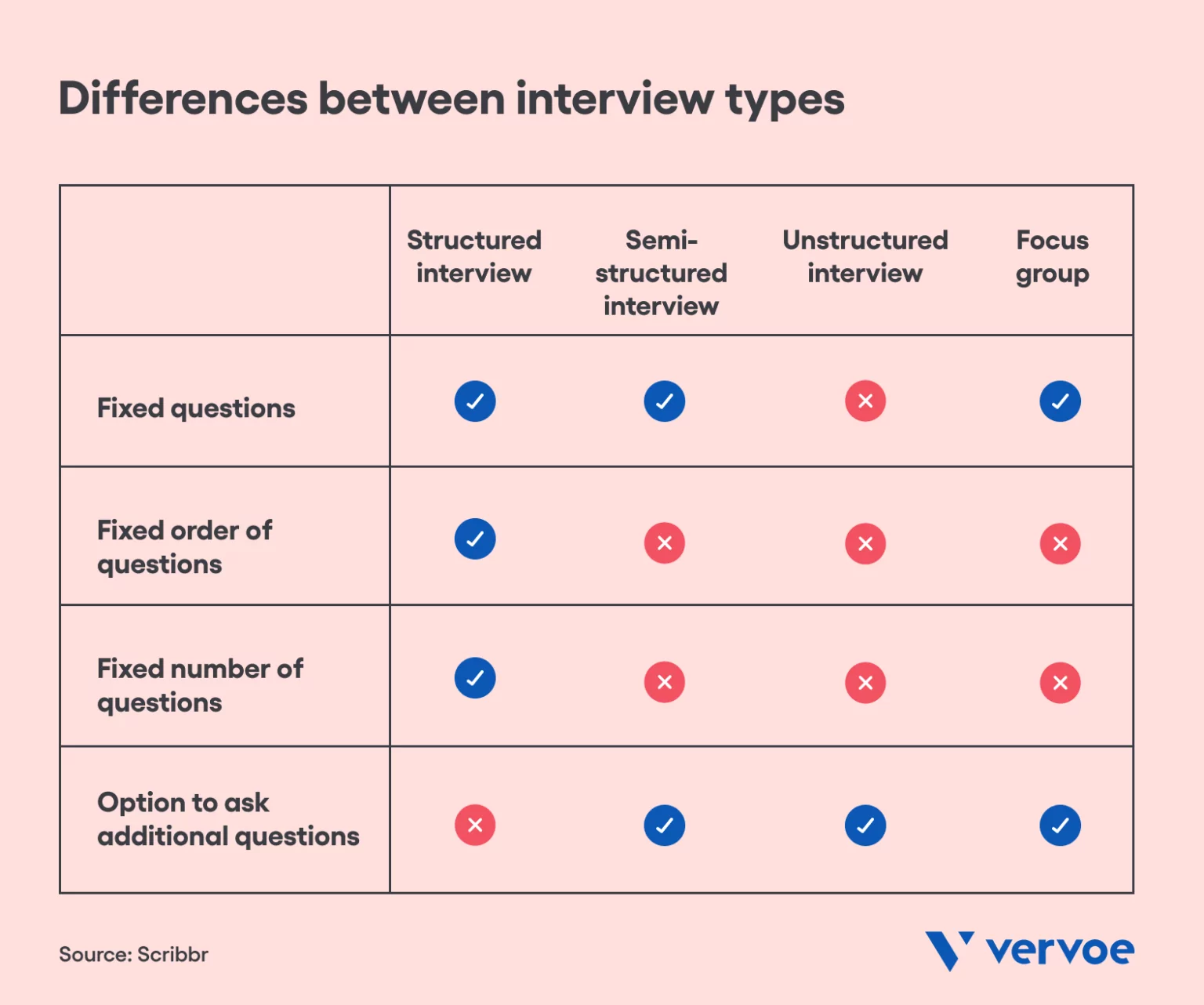The topic of cannibalism evokes a wide array of emotions ranging from horror to fascination. The concept of consuming human flesh is often portrayed in film, literature, and folklore, yet the reality of cannibalism is far more complex and disturbing. In this article, we will explore the psychological, sociocultural, and legal aspects of cannibalism, while also providing insights from individuals who have directly experienced this dark reality. Through interviews and case studies, we aim to unveil the darkness that surrounds conversations with cannibals, shedding light on their motivations, backgrounds, and the societal implications of their actions.
The Psychology of Cannibalism
Understanding the psychological profile of a cannibal is crucial for grasping the motivations behind such extreme behaviors. While each case is unique, several common psychological factors can be identified:
- Antisocial Personality Disorder: Many cannibals exhibit traits associated with this disorder, such as lack of remorse, impulsivity, and deceitfulness.
- Paraphilic Disorders: Some individuals may engage in cannibalism as a form of sexual gratification, viewing it as a fetish.
- Trauma and Abuse: A history of severe trauma or abuse can lead individuals to develop distorted views of relationships, leading to extreme acts of violence.
One notable case is that of Armin Meiwes, a German man who gained international notoriety for killing and eating a volunteer. Meiwes claimed that his actions were motivated by a deep-seated desire to connect with another human being, albeit in a gruesome way. His case raises important questions about the intersections of trauma, loneliness, and extreme behavior.
Cultural Perspectives on Cannibalism
Cannibalism is not just a modern aberration; it has existed in various forms throughout human history. Different cultures have approached the act of cannibalism in diverse ways:
- Ritualistic Cannibalism: In some indigenous cultures, consuming the flesh of deceased relatives is seen as a way to honor and preserve their spirit.
- Survival Cannibalism: Historical accounts, such as the Donner Party in the 1840s, illustrate how extreme circumstances can drive individuals to resort to cannibalism for survival.
- Symbolic Cannibalism: Some cultures engage in symbolic cannibalism during rituals, where the act represents the absorption of the qualities or virtues of the consumed.
These cultural practices highlight that cannibalism is often more nuanced than mere criminality; it can be steeped in tradition and meaning. Anthropologists have studied these practices to better understand the motivations behind them, revealing a complex interplay of cultural beliefs and human behavior.
Legal Perspectives and Consequences

Despite its historical context, cannibalism is still illegal in most parts of the world. The legal ramifications for individuals who engage in cannibalistic acts can be severe. In most jurisdictions, the act of murder is the primary charge, with cannibalism serving as an aggravating factor. Here are some legal considerations:
- Murder Charges: Cannibalism typically entails a murder charge, as it involves the deliberate taking of another’s life.
- Psychological Evaluations: Defendants often undergo psychological evaluations to determine their mental state, particularly if they claim insanity.
- Media Sensation: High-profile cannibalism cases often attract significant media attention, influencing public perception and legal proceedings.
In the case of Jeffrey Dahmer, who was convicted of multiple murders and cannibalism, the legal system grappled with the complexities of his mental state. Dahmer’s case highlighted the intersection of mental health issues and criminal responsibility, leading to widespread discussions on how society manages such offenders.
Conversations with Cannibals: Case Studies

Engaging with individuals who have committed cannibalistic acts provides a rare glimpse into their thoughts and motivations. Below are two case studies that illustrate different aspects of this phenomenon:
Case Study 1: Armin Meiwes

Armin Meiwes’s case is perhaps one of the most infamous instances of consensual cannibalism. In 2001, Meiwes posted an advertisement online seeking a willing participant to be killed and consumed. His eventual partner, Bernd Jürgen Brandes, responded, and the two engaged in a gruesome act that led to Meiwes’s arrest.
In interviews, Meiwes expressed a profound sense of loneliness and a desire for companionship. He stated that his act was not motivated by anger or hatred but rather a deep-seated longing for connection. This perspective challenges the conventional views of cannibalism as purely savage and raises questions about the nature of human relationships.
Case Study 2: Issei Sagawa

Issei Sagawa, a Japanese man, gained notoriety in the 1980s after killing and eating a fellow student in Paris. Following his arrest, Sagawa was deemed legally insane and was deported to Japan, where he became a media sensation.
Sagawa’s story is particularly troubling as he leveraged his infamy for fame, participating in interviews and writing books about his experiences. His case presents ethical dilemmas regarding the glorification of violence and the responsibilities of media in portraying cannibalism.
Societal Implications and Reactions

The societal implications of cannibalism extend beyond the individual. The reactions to cannibalistic acts often reflect broader cultural anxieties and fears:
- Fear of the ‘Other’: Cannibals are frequently portrayed as outsiders, leading to fears about societal decay and moral collapse.
- Media Representation: The sensationalism surrounding cannibalism can desensitize the public, reducing complex human experiences to mere spectacle.
- Victim Blaming: In some cases, the narrative shifts to blame the victims, questioning their choices and circumstances.
Understanding these societal reactions can help contextualize the public’s fascination with cannibalism while also fostering a more nuanced understanding of the issues at play.
Conclusion: Navigating the Darkness

The study of cannibalism is not merely an exploration of grotesque acts but a complex analysis of human behavior, cultural norms, and societal reactions. Conversations with cannibals, while deeply unsettling, provide valuable insights into the darker corners of the human psyche. As we navigate this darkness, it becomes imperative to approach the topic with sensitivity and an understanding of the myriad factors that contribute to such extreme behaviors.
Ultimately, the stories of individuals like Armin Meiwes and Issei Sagawa serve as cautionary tales, reminding us of the fragility of human connection and the potential for darkness that resides within us all. By engaging in these conversations, we can better understand not only the phenomenon of cannibalism but also the broader implications of violence and isolation in society.